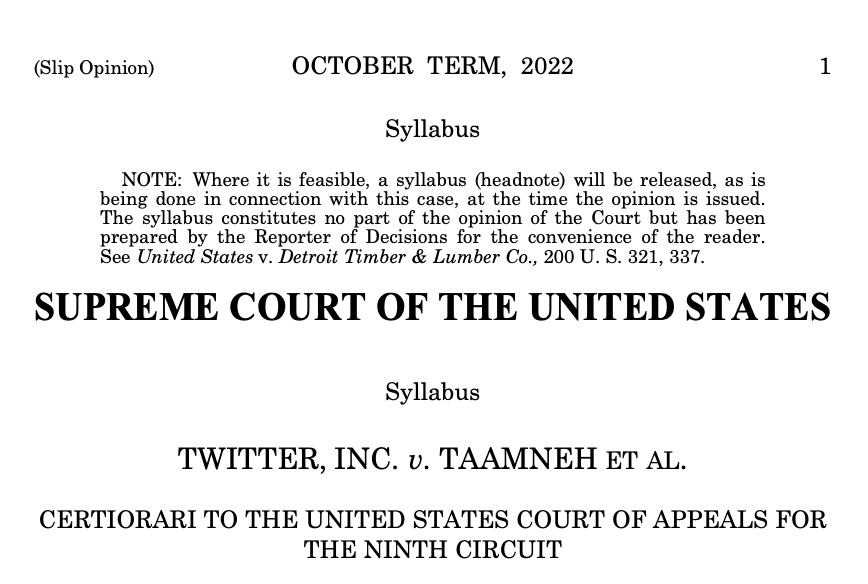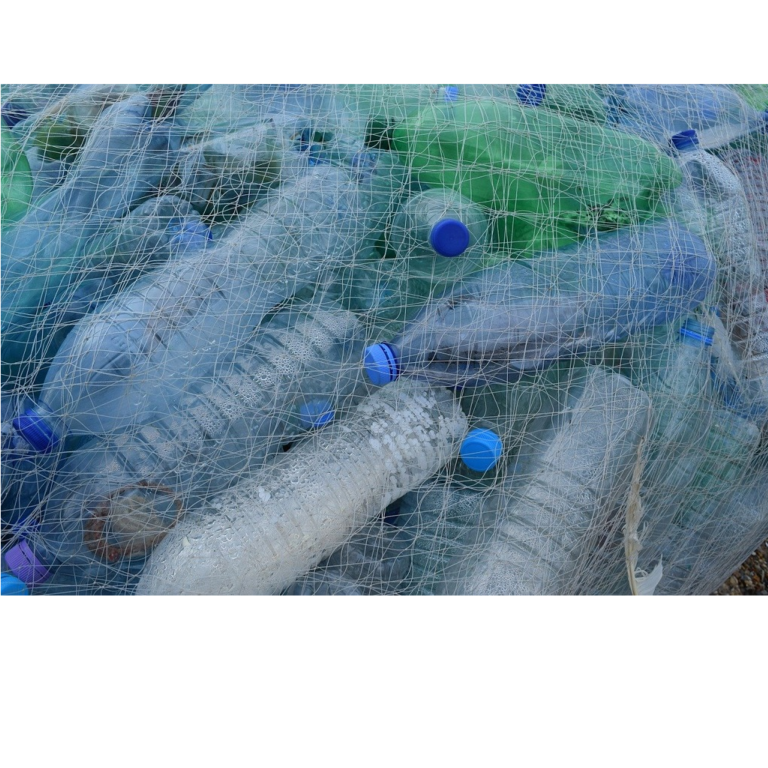Court Rules On EBay's Liability For Banned Chemicals Under Section 230

Table of Contents
Understanding the Case Against eBay and the Allegations
The lawsuit against eBay centered on the sale of several specific banned chemicals on its platform by third-party sellers. These chemicals, allegedly used in the production of illicit substances, caused significant harm according to the plaintiffs.
The Plaintiffs' Claims
The plaintiffs, who suffered direct harm due to exposure to or involvement with products made using these banned chemicals, claimed that:
- eBay knew or should have known about the sale of these dangerous chemicals on its platform.
- eBay failed to adequately monitor and prevent the sale of these banned substances, despite its own policies prohibiting them.
- eBay's negligence in enforcing its policies directly contributed to the plaintiffs' harm.
The case relied on legal precedents establishing that companies can be held liable for facilitating illegal activities, even if they are not directly involved in the transaction. Similar cases involving online platforms and the sale of illegal goods have set a precedent for this type of legal challenge.
eBay's Defense Based on Section 230
eBay's defense hinged on Section 230 of the Communications Decency Act, which generally protects online platforms from liability for content posted by their users. eBay argued that as a platform hosting third-party sellers, it should not be held responsible for the actions of those independent sellers.
- Section 230's core tenet is to encourage free speech online while shielding platforms from being treated as publishers or speakers.
- eBay's legal team emphasized its proactive efforts to remove prohibited items, arguing that this demonstrates good-faith efforts to comply with the law.
This defense strategically highlighted the challenges inherent in policing the vast amount of content and transactions that occur on large online marketplaces.
The Role of Third-Party Sellers
The critical element in this case is the involvement of third-party sellers. eBay operates as a platform facilitating transactions between buyers and sellers who are independent entities. This introduces significant complexity in assigning liability. The court had to grapple with the question of whether a platform's responsibility extends to the actions of its individual users.
The Court's Ruling and its Implications for Section 230
The court's decision in this case was a significant one, partially lifting eBay's Section 230 immunity in relation to the sale of these specific banned chemicals. The court argued that eBay's knowledge of the ongoing sale of these substances, coupled with its allegedly inadequate monitoring efforts, contributed to the harm caused, thus breaking the shield provided by Section 230.
The Court's Decision
The court found that eBay's knowledge and inaction were crucial factors in its decision to partially deny Section 230 protection. While the exact wording of the ruling varied, the core message was clear: passive inaction is not sufficient to maintain immunity under Section 230 when dealing with the sale of demonstrably dangerous goods. The ruling indicated that the platform's awareness of the illegal activity and the inadequacy of its measures to prevent it factored heavily in the decision.
Impact on Online Marketplaces
This ruling has wide-ranging implications for other online marketplaces. Amazon, Etsy, and countless smaller platforms now face increased scrutiny regarding their policies and enforcement concerning banned or regulated goods.
- We can expect to see changes in platform policies, including stricter seller verification processes and improved technology for detecting prohibited items.
- The decision could lead to a rise in litigation against online platforms as plaintiffs seek to hold them accountable for harmful products sold on their sites.
The Future of Section 230
This case underscores the ongoing debate surrounding Section 230. The ruling suggests that a more nuanced interpretation of the law is needed, one that balances the promotion of free speech with the need to protect users from harm caused by illegal activities facilitated by online platforms.
Best Practices for Online Marketplaces After the Ruling
In light of this decision, online marketplaces must proactively adapt their policies and practices to minimize their liability.
Enhanced Monitoring and Enforcement
Marketplaces need to invest in robust monitoring systems and proactive strategies to detect and remove banned items. This includes:
- Implementing advanced AI-powered tools to scan listings and identify potentially prohibited goods.
- Strengthening internal review processes to ensure quicker identification and removal of problematic listings.
- Establishing clear reporting mechanisms for users to flag suspicious activity.
Improved Seller Verification Processes
Stronger seller verification processes are paramount. This involves:
- Requiring more detailed identification and background checks for sellers.
- Implementing stricter policies regarding product authenticity and source verification.
- Developing systems to track seller activity and identify suspicious patterns.
Clearer Policies and Communication
Finally, clear, easily accessible policies regarding prohibited items are essential. This includes:
- Regularly updating policies to reflect legal changes and best practices.
- Providing comprehensive training to seller support teams to ensure consistent enforcement.
- Ensuring policies are written in clear and accessible language for both sellers and buyers.
Conclusion: Navigating the Evolving Landscape of Liability Under Section 230 for Online Marketplaces
The court's ruling on eBay's liability for banned chemicals under Section 230 highlights the complex legal landscape facing online marketplaces. The decision emphasizes the importance of proactive measures to prevent the sale of harmful goods, moving beyond passive content moderation. Understanding Section 230's nuances and adapting to its evolving interpretations is crucial for all online platforms. To minimize risks and stay compliant, marketplaces must invest in enhanced monitoring, stronger seller verification, and clearer communication regarding prohibited items. Learn more about navigating Section 230 compliance and understand your liability under Section 230 to protect your business and your users.

Featured Posts
-
 Ai Therapy And The Erosion Of Privacy In A Police State
May 15, 2025
Ai Therapy And The Erosion Of Privacy In A Police State
May 15, 2025 -
 2025 Nba Playoffs Jayson Tatums Wrist Injury Update Following Magic Game
May 15, 2025
2025 Nba Playoffs Jayson Tatums Wrist Injury Update Following Magic Game
May 15, 2025 -
 Padres On Deck Ready To Dominate The Cubs In The 2025 Home Opener
May 15, 2025
Padres On Deck Ready To Dominate The Cubs In The 2025 Home Opener
May 15, 2025 -
 In Quale Acqua Troviamo Piu Microplastiche
May 15, 2025
In Quale Acqua Troviamo Piu Microplastiche
May 15, 2025 -
 Dodgers Minor League Standouts Kim Outman And Sauer
May 15, 2025
Dodgers Minor League Standouts Kim Outman And Sauer
May 15, 2025
